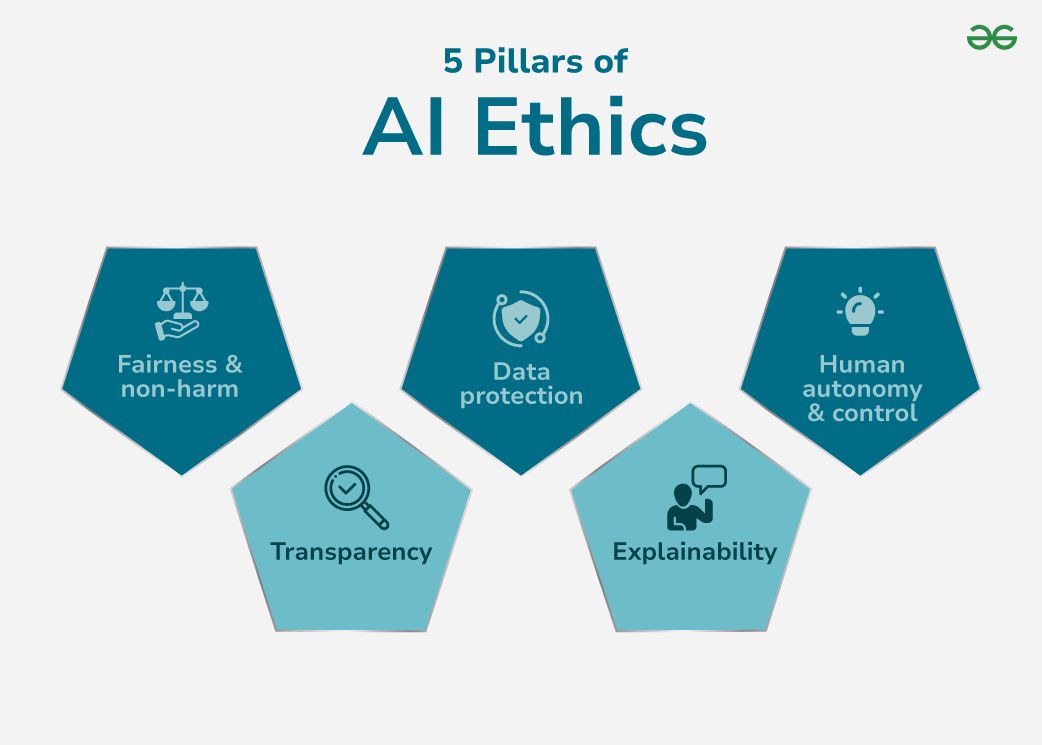
Future of Work: How AI Is Changing Jobs
- 0
In today’s rapidly evolving technological landscape, artificial intelligence (AI) is becoming increasingly prevalent in the workplace. From automated chatbots to predictive analytics, AI is transforming the way we work and revolutionizing the concept of traditional jobs. In this article, we will explore the impact of AI on the future of work and how it is changing the way we approach our careers.
The Rise of AI in the Workplace
AI is no longer a futuristic concept restricted to sci-fi movies; it is now a reality in many workplaces across the globe. Companies are leveraging AI technology to streamline processes, increase efficiency, and enhance productivity. From automated data analysis to machine learning algorithms, AI is reshaping the way we work and revolutionizing the job market.
Automated Processes
One of the key ways AI is changing jobs is through the automation of repetitive tasks. AI-powered tools and software can perform mundane and time-consuming tasks more efficiently than humans, allowing employees to focus on more strategic and creative aspects of their work. This automation not only saves time and resources but also improves accuracy and reduces errors in the workplace.
Predictive Analytics
AI is also revolutionizing the way companies make decisions by providing predictive analytics and insights. By analyzing large datasets and patterns, AI can help organizations forecast trends, optimize processes, and make informed decisions. This predictive capability is transforming industries such as marketing, finance, and healthcare, allowing businesses to stay ahead of the competition and drive innovation.
The Impact on Job Roles
As AI continues to evolve, the nature of job roles is also changing. While some jobs may become obsolete due to automation, new job opportunities are emerging in AI-related fields such as data science, machine learning, and AI ethics. Workers are required to upskill and adapt to the changing technological landscape to remain relevant in the workforce.
Upskilling and Reskilling
In the age of AI, continuous learning and upskilling are essential for employees to remain competitive in the job market. Workers need to acquire new skills such as data analysis, coding, and AI programming to leverage AI technology effectively. Companies are investing in employee training programs to support skill development and ensure a smooth transition to AI-driven work environments.
New Job Opportunities
While some traditional roles may be replaced by AI, new job opportunities are emerging in AI-related fields. Data scientists, machine learning engineers, AI ethicists, and AI trainers are in high demand as companies seek to harness the power of AI technology. These roles require specialized skills and expertise, creating a new wave of employment opportunities in the tech industry.
Challenges and Opportunities
The widespread adoption of AI in the workplace poses both challenges and opportunities for workers. While AI has the potential to increase productivity and efficiency, it also raises concerns about job displacement, privacy issues, and ethical considerations. Companies need to balance the benefits of AI technology with the ethical implications and ensure a fair and inclusive work environment for all employees.
Ethical Considerations
As AI becomes more integrated into the workplace, ethical considerations become increasingly important. Issues such as bias in AI algorithms, data privacy, and job displacement need to be addressed to ensure a fair and ethical work environment. Companies need to establish clear guidelines and policies for the responsible use of AI technology and prioritize transparency and accountability in their practices.
Job Displacement
One of the major concerns surrounding AI is the potential for job displacement due to automation. While AI can streamline processes and increase efficiency, it may also lead to the loss of jobs in certain industries. Workers need to adapt to the changing job market by upskilling and reskilling to remain employable in the age of AI.
Conclusion
In conclusion, AI is revolutionizing the future of work and changing the way we approach our careers. From automated processes to predictive analytics, AI technology is reshaping the job market and creating new opportunities for workers. While challenges such as job displacement and ethical considerations remain, AI has the potential to drive innovation, increase productivity, and transform the workplace for the better. As we navigate the evolving technological landscape, it is essential for workers and companies to embrace AI technology responsibly and ensure a fair and inclusive work environment for all.

